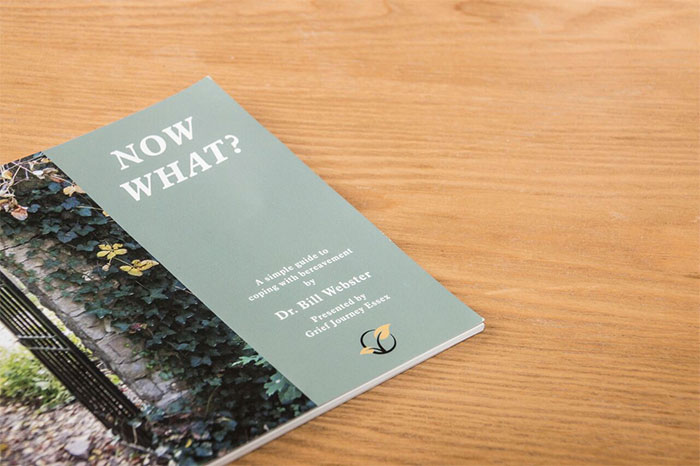Eric F. Box Funeral Directors
Celebrating remarkable lives with memorable funerals
Introduction

Acceptance of the loss of someone dear to you is, perhaps, the first stage of the grieving process, whilst the funeral is to both mourn your loss and celebrate the ‘life’ of your loved one.
Grief is normal, it is not an illness, and it will not last forever, although there may be times when it seems as though the pain will never end.
We hope that this section will help reassure you that you are not alone in what you feel. Below is a list of feelings and emotions that many people go through when they experience true loss:
- Numbness, Bad tempers, Fear.
- Jealousy of others, Loneliness, Shock.
- A change in feelings. Phrases like: “I don’t feel anything.”
- Feeling unwell, Crying, Frustration.
- Feeling guilty then eventually, starting to feel better.
In the first days of loss it can be hard to believe that life will ever be good or happy again. Of course it will never be the same as it was, but it can be good once more. Take heart.
How to face the first step
The first step towards recovery is the hardest of all – facing the reality of death. This is about acceptance and, for many people, attending a funeral is the first step in facing this reality.
What is bereavement?
Bereavement means, literally, to be deprived by death. After someone close to you dies, you go through a process of mourning. The visible sign of mourning is grief, which encompasses a wide range of physical and emotional symptoms that you experience after loss. However, bereavement is not restricted to people who have lost someone they have known for a long time, it is also experienced by people who have had stillbirths, miscarriages or lost a young baby.
Is it normal to Grieve?
Grief is vital in order to accept a deep loss and carry on with your life. If you do not grieve at the time of death, or shortly after, you may keep the grief bottled up inside you. This may cause emotional problems or physical illness later on. Grief is positive and, eventually, promotes well-being.
What are the stages of grief?
Everyone is different and each person grieves in his or her own way. Swift changes of mood are normal and you may experience anger, feelings of guilt, yearning for the person who has died, feelings of loneliness and isolation; all these are some of the normal emotions associated with grief.
Emotions
The funeral may be the only time during bereavement that you feel comfortable expressing your public sorrow, but don’t worry about this, it is a very normal process.
What does it feel like to lose someone?
It robs us of someone we love dearly and shatters our sense of security and possibly identity. You may feel alone and ostracised. Some feelings may seem unnatural. At times you may feel on a high at other times desperately low. Again, these are very natural and rational feelings when experiencing grief.
What is someone faced with when they lose someone?
With a painful and daunting task and the challenge of finding a new sense of life and purpose. Mixed emotions, with highs and lows on good and bad days.